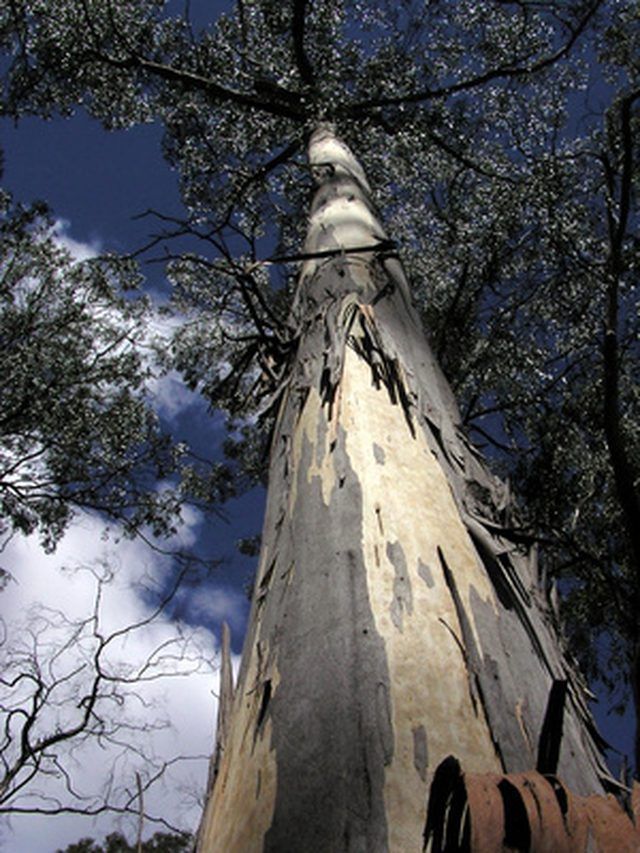Bulbs
Flower Basics
Flower Beds & Specialty Gardens
Flower Garden
Garden Furniture
Garden Gnomes
Garden Seeds
Garden Sheds
Garden Statues
Garden Tools & Supplies
Gardening Basics
Green & Organic
Groundcovers & Vines
Growing Annuals
Growing Basil
Growing Beans
Growing Berries
Growing Blueberries
Growing Cactus
Growing Corn
Growing Cotton
Growing Edibles
Growing Flowers
Growing Garlic
Growing Grapes
Growing Grass
Growing Herbs
Growing Jasmine
Growing Mint
Growing Mushrooms
Orchids
Growing Peanuts
Growing Perennials
Growing Plants
Growing Rosemary
Growing Roses
Growing Strawberries
Growing Sunflowers
Growing Thyme
Growing Tomatoes
Growing Tulips
Growing Vegetables
Herb Basics
Herb Garden
Indoor Growing
Landscaping Basics
Landscaping Patios
Landscaping Plants
Landscaping Shrubs
Landscaping Trees
Landscaping Walks & Pathways
Lawn Basics
Lawn Maintenance
Lawn Mowers
Lawn Ornaments
Lawn Planting
Lawn Tools
Outdoor Growing
Overall Landscape Planning
Pests, Weeds & Problems
Plant Basics
Rock Garden
Rose Garden
Shrubs
Soil
Specialty Gardens
Trees
Vegetable Garden
Yard Maintenance
Eucalyptus Leaves As Mulch
Eucalyptus Leaves As Mulch. Eucalyptus leaves make fine mulch when used correctly. However, the improper use of eucalyptus leaves or bark will have an adverse effect on some food-producing plants, according to James J. Ferguson and Bala Rathinasabapathi of the University of Florida. Eucalyptus leaves are an allelopathic plant matter and, unless...

Eucalyptus leaves make fine mulch when used correctly. However, the improper use of eucalyptus leaves or bark will have an adverse effect on some food-producing plants, according to James J. Ferguson and Bala Rathinasabapathi of the University of Florida. Eucalyptus leaves are an allelopathic plant matter and, unless composted, may harm crop production.
What is an Allelopath?
An allelopath is a plant that releases a beneficial or harmful chemical substance to aid or suppress the growth of surrounding vegetation. This release can occur from "leeching, root exudation, volatilization, residue decomposition and other processes in both natural and agricultural systems," according to Ferguson and Rathinasabapathi. Eucalyptus is a common allelopath, and both the leaves and bark of the plant pose a serious threat to other vegetation if not composted before being used as mulch.
Composting for Safety
Composting helps to control a wide assortment of allelopaths, including eucalyptus. Properly composting the leaves and bark or sawdust of a eucalyptus tree--grinding or chopping, then adding to a compost pile and awaiting natural decomposition--will aid in removing a large portion of allelopathic chemicals from the eucalyptus waste. Unfortunately, trace amounts of allelopathic chemicals remain in even composted eucalyptus mulch, and this may have an effect on various vegetation.
Plants Affected
According to Lorrie Stromme of the University of Minnesota, eucalyptus trees release phenolic compounds that harm the growth and development of most shrubs, herbs and grasses. This renders eucalyptus mulch unfit for use around shrubs, herbs and grasses, but should allow for the control of grass growth in areas where grass is unwanted. Most allelopathic toxins are contained within a 5-meter radius, according to Ferguson and Rathinasabapathi.
Eucalyptus Uses
There are many uses for eucalyptus leaves, including essential oil manufacture and cold and sinus remedies. These industries produce an enormous amount of eucalyptus waste product that has led to many studies on the uses of eucalyptus waste, according to Science Daily. Mulch is one of the many things these studies have tested. Many plant species are not affected by eucalyptus allelopaths, but a grower should check individual plant susceptibility before using eucalyptus mulch.
Eucalyptus Leaf Mulch and Mushrooms
According to Science Daily, eucalyptus leaf mulch is acceptable mulch for popular mushroom varieties. When Pleurutus ostreatus and Polyporos teniculus mushroom varieties--two very different and distinct mushroom types--were grown on bay leaf or eucalyptus mulches, there was a beneficial increase in the flavor, color and texture as compared to traditional mushroom mulches. This exciting discovery will aid in the environmentally conscious disposal of eucalyptus leaves and suggests that eucalyptus mulch is fit for growing a wide variety of mushrooms.